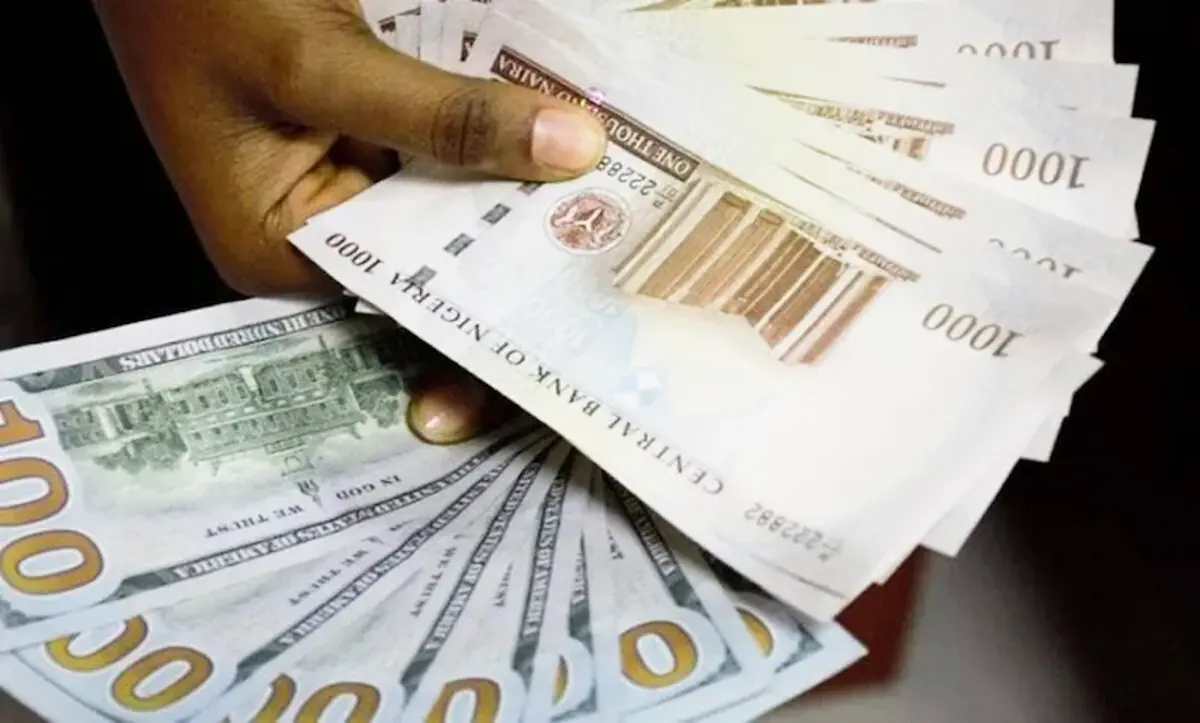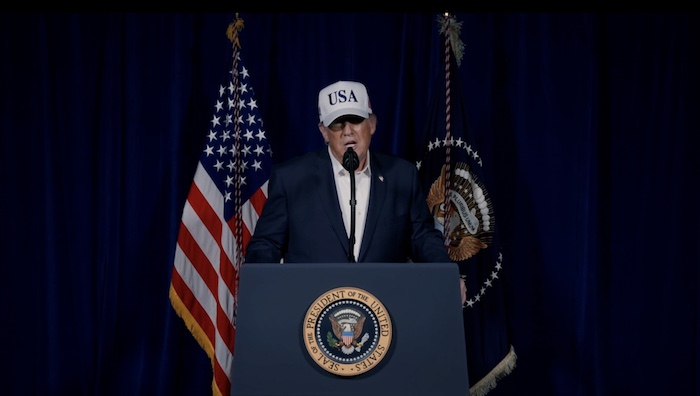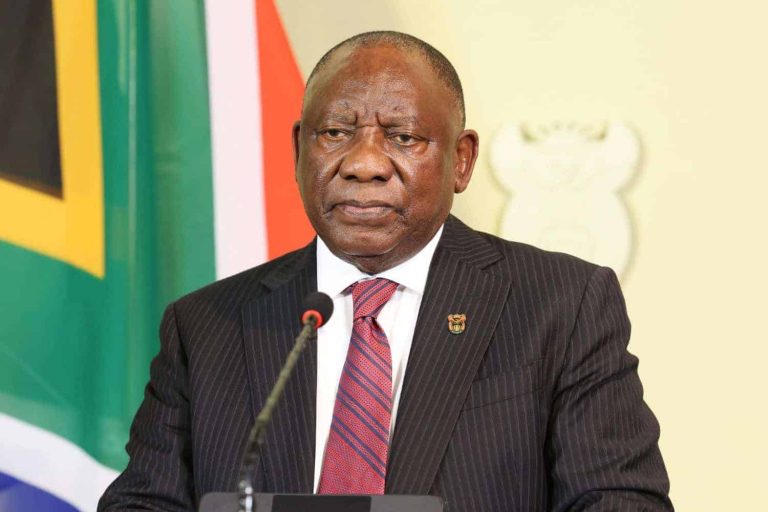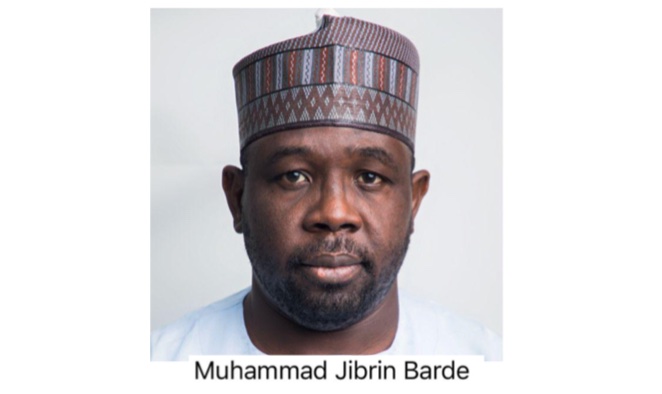
After a turbulent period marked by steep declines in capital inflows, Nigeria’s marketing industry is showing early signs of recovery, attracting a total of $26.39 million in foreign investments between 2023 and Q1 2025.
Newly released data from the National Bureau of Statistics (NBS) shows that the sector pulled in $22.13 million in foreign capital in 2023 before plummeting to just $1.29 million in 2024. However, the first quarter of 2025 recorded a modest rebound with $2.97 million in inflows, signaling cautious optimism among investors.
Marketers Welcome Upturn, Cite Policy Improvements and Digital Growth
Reacting to the data, Tolulope Medebem, President of the Experiential Marketers Association of Nigeria, described the renewed foreign interest as an encouraging shift following a challenging year for the industry.
“After a difficult year, Nigeria’s marketing sector is beginning to see some light,” she said. “While inflows dropped drastically in 2024, the Q1 2025 rebound to $2.97 million suggests renewed interest. We’re not yet where we want to be, but the signs are promising.”
Medebem attributed the modest recovery to improved macroeconomic stability efforts and the resilience of Nigerian brands navigating a recovering economy.
“The government’s work on stabilising policy and foreign exchange is starting to pay off. At the same time, brands are investing more in consumer engagement, especially within Nigeria’s rapidly growing digital ecosystem. That’s a huge draw for global investors,” she explained.
She also highlighted that foreign capital brings more than just funding, it delivers access to global expertise, innovative partnerships, and new ideas.
“When foreign investment dries up, innovation suffers, and agencies are forced to scale down. That’s exactly what happened in 2024. Talent opportunities shrank, campaigns became less ambitious, and the whole sector felt the impact.”
Looking Ahead: Can Nigeria Become Africa’s Marketing Innovation Hub?
Despite its setbacks, industry watchers believe Nigeria is still uniquely positioned to become Africa’s hub for marketing innovation,especially with its large consumer base, youthful population, and growing digital economy.
Medebem agreed, saying, “We must stay the course. The slight rebound in Q1 is a signal, not a solution. But if we sustain it, this industry won’t just recover it can drive economic growth.”
Stakeholders across the board maintain that with the right mix of policy stability, innovation, and strategic investment, Nigeria’s marketing sector could reclaim its potential as a leading force on the continent.



